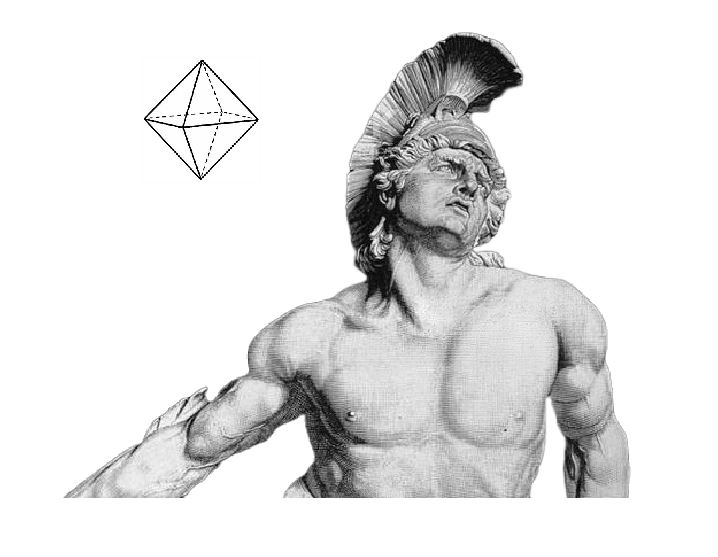Cultural Archetypes: Semantic Rivers of Humanity

The focus of the seminar is on collective concepts rather than individual values. In this seminar, we identify fundamentally different responses that various cultural traditions provide to the basic aspects of the human condition. These alternative positions constitute the identity core of different civilizations and guide the life choices of millions of people around the world.
Course Description
Keywords: Collective beliefs, Concepts that drive a culture, collective norms, social ethics
The focus of the seminar is on collective concepts rather than individual values. In this course, we identify fundamentally different responses that various cultural traditions provide to the basic aspects of the human condition. These alternative positions constitute the identity core of different civilizations and guide the life choices of millions of people around the world.
Seminar program:
- Introduction to the concept of egregors
- Definition of the concept of “egregor”
- Role of egregors in the analysis of cultural-religious traditions
- Methodology:
- Working with attributes, qualities, ideas
- Differentiating between an author’s individual style/intention and the influence of egregors
- Components of human condition and various egregorial responses:
- Compassion vs Effectiveness
- Trust vs Questioning
- Collective Formal Ritual vs Direct Individual Experience
- Archetypal qualities of various egregors:
- Islam, Catholicism, Buddhism, Hinduism
- Protestantism, Paganism, Orthodox Christianity
By the end of the seminar, participants will gain a comprehensive understanding of the structure of major religious-cultural traditions, their influence on social values and individual behavior, and the diverse responses they offer as a response to human condition. Participants will develop critical thinking skills to analyze the interplay between religious beliefs, cultural traditions, and the human experience. This knowledge will enable them to see clearly the roots of societal dilemmas, and make more informed choices, and navigate complex situations with clarity. Ultimately, the seminar equips participants with practical tools to apply their knowledge, enhance personal growth, and contribute positively to their communities, embracing the richness and diversity of religious traditions in an interconnected world.
Cultural Archetypes: Semantic Rivers of Humanity

The focus of the seminar is on collective concepts rather than individual values. In this seminar, we identify fundamentally different responses that various cultural traditions provide to the basic aspects of the human condition. These alternative positions constitute the identity core of different civilizations and guide the life choices of millions of people around the world.
Course Description
Keywords: Collective beliefs, Concepts that drive a culture, collective norms, social ethics
The focus of the seminar is on collective concepts rather than individual values. In this course, we identify fundamentally different responses that various cultural traditions provide to the basic aspects of the human condition. These alternative positions constitute the identity core of different civilizations and guide the life choices of millions of people around the world.
Seminar program:
- Introduction to the concept of egregors
- Definition of the concept of “egregor”
- Role of egregors in the analysis of cultural-religious traditions
- Methodology:
- Working with attributes, qualities, ideas
- Differentiating between an author’s individual style/intention and the influence of egregors
- Components of human condition and various egregorial responses:
- Compassion vs Effectiveness
- Trust vs Questioning
- Collective Formal Ritual vs Direct Individual Experience
- Archetypal qualities of various egregors:
- Islam, Catholicism, Buddhism, Hinduism
- Protestantism, Paganism, Orthodox Christianity
By the end of the seminar, participants will gain a comprehensive understanding of the structure of major religious-cultural traditions, their influence on social values and individual behavior, and the diverse responses they offer as a response to human condition. Participants will develop critical thinking skills to analyze the interplay between religious beliefs, cultural traditions, and the human experience. This knowledge will enable them to see clearly the roots of societal dilemmas, and make more informed choices, and navigate complex situations with clarity. Ultimately, the seminar equips participants with practical tools to apply their knowledge, enhance personal growth, and contribute positively to their communities, embracing the richness and diversity of religious traditions in an interconnected world.
